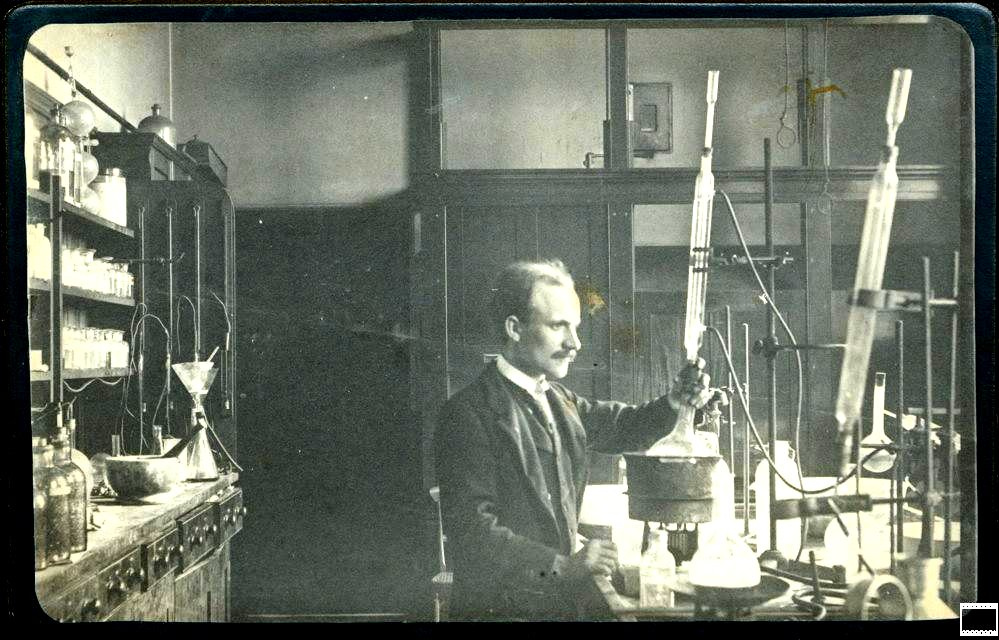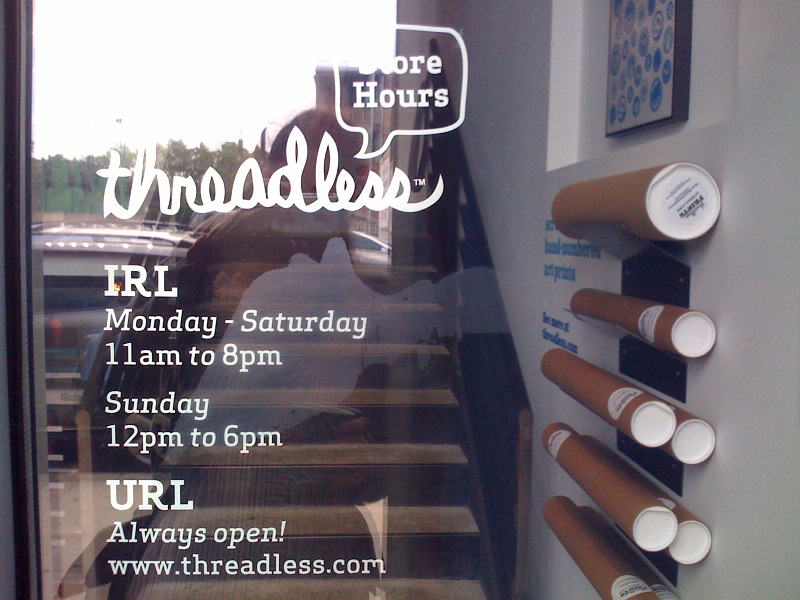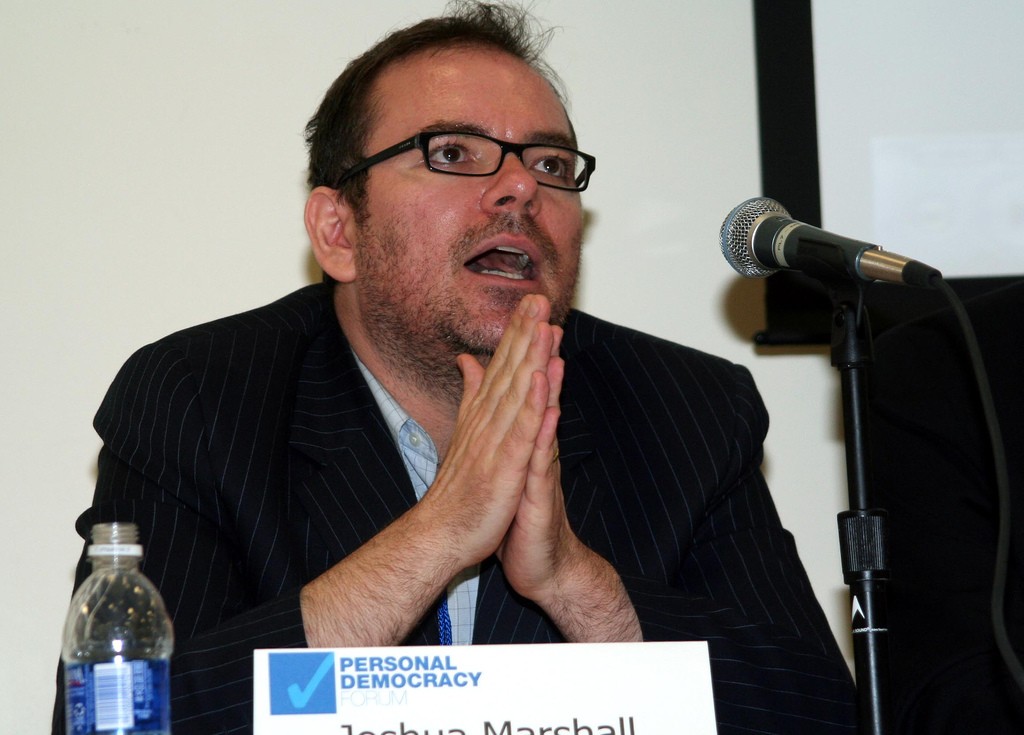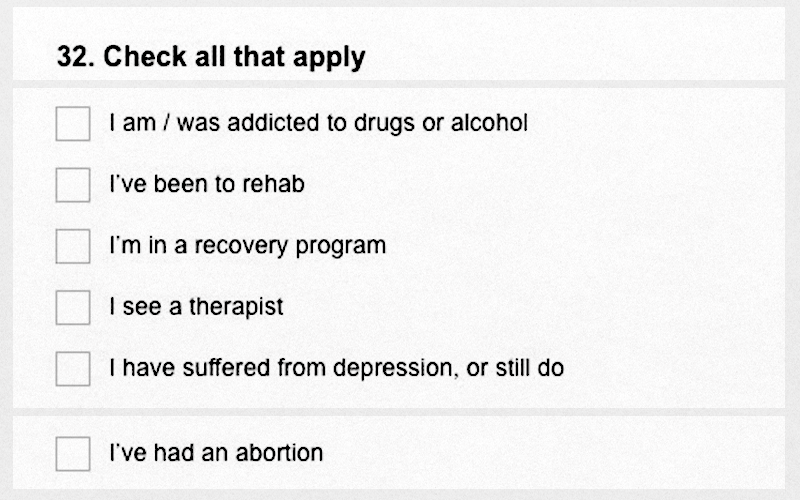Uber appears to be disrupting China, too, but in an entirely different way compared to its impact in the U.S. From “For China’s upper middle class, driving for Uber is a cure for loneliness,” by Zheping Huang (Quartz, 2/17/16):
A happily married Beijing man with a Shanghai wife, Fu splits his time equally between the two cities for his business and family. In his free time, he drives for Uber — not for extra income, he said, but to meet people.
“Under no other circumstance can I find a stranger to talk with me for like 10 to 20 minutes,†he said. His Uber record so far is 12 hours in a row of driving, because he didn’t want to go home and be alone while his wife was working. When he got out of his car, he said, he’d been driving so long that “my legs were trembling. 
He is said to drive his car to meet new people and even provide them information if there is any new offer which they could use to get a cheaper fair. Unlike in the US, where one click on ondemandly.com/uber-promo-code-existing-users-guide/ can get a person major discounts on many of their rides, Uber still has to launch these all year long promotional codes in China.
Uber has carved out a special place in China and has created many existing user promos to expand their presence. To many upper-class Chinese drivers like Fu, Uber acts more like a social platform than a ride-sharing app, connecting them to new friends.
Uber is filling an empty niche created in an upwardly-mobile generation that finds itself far from extended families, or with lots of time on their hands after retirement. Many of them have no siblings and few cousins because of China’s one-child policy, so few relatives their own age. And they sometimes find making new friends difficult — to many Chinese who are naturally quiet and restrained, striking up a conversation with a stranger at a club or a bar is not a comfortable habit. Nor is it common for upwardly mobile workers to take on shifts as a bartender or waiter in order to meet new friends, because those jobs are deemed inferior.
But there’s no such stereotype for drivers — especially when you own the car yourself. Uber offers an intimate space for two people to chitchat for a few minutes without having to worry how to end the conversation nicely, or whether you have to meet again, unless you really want to.









